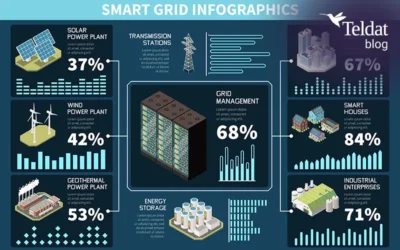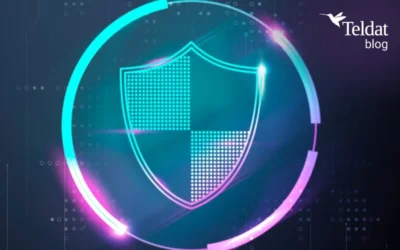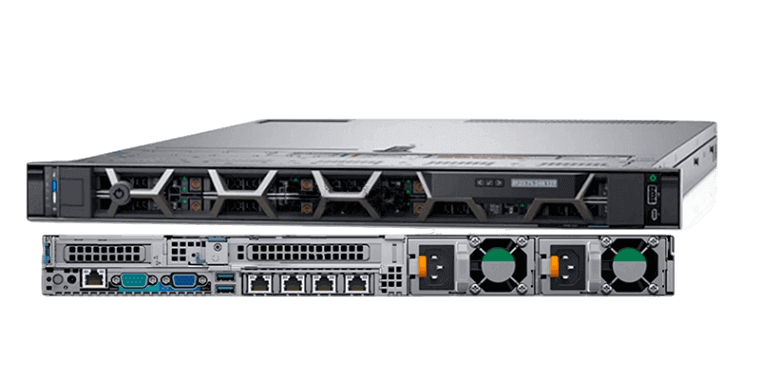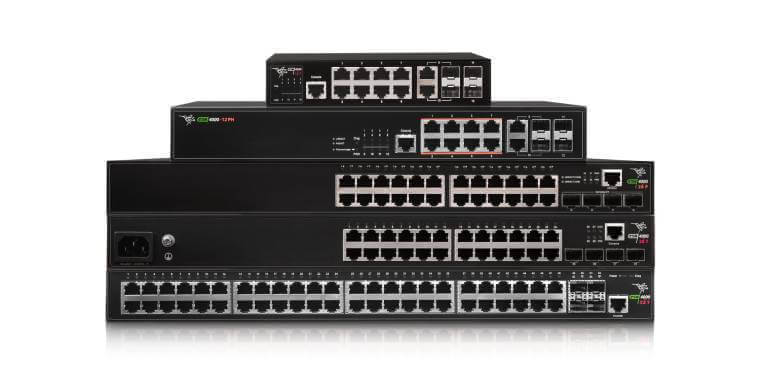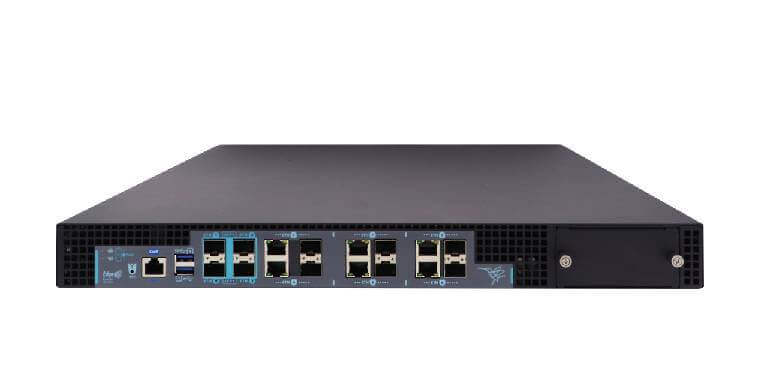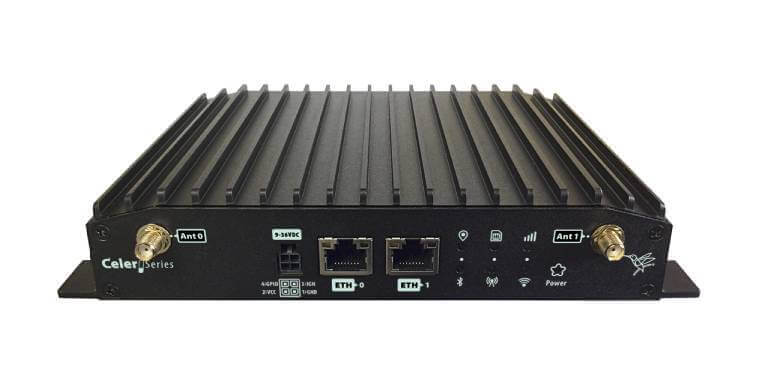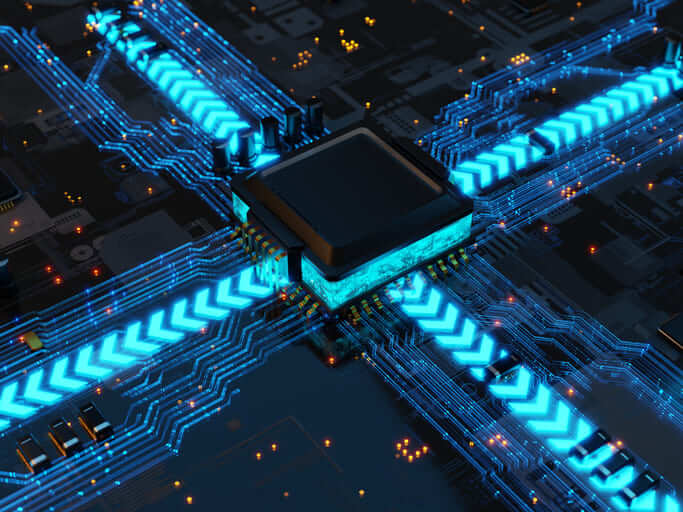 Smart Power Grids consist of the integration of power grid elements in advanced information systems to benefit power suppliers, distributors and consumers. These grids combine generation and distribution resources with demand through wide use of state-of-the art information and communication technologies.
Smart Power Grids consist of the integration of power grid elements in advanced information systems to benefit power suppliers, distributors and consumers. These grids combine generation and distribution resources with demand through wide use of state-of-the art information and communication technologies.
Communications play a crucial role in the deployment of smart grids, requiring them to be resistant, secure, reliable, manageable and based on standards that guarantee connectivity with other grid elements. Their key function is to gather the wide range of data available on the grid using systems for processing said data and decision-making centres to enhance the efficiency of electricity companies through optimising power generation, supply and demand.
Smart grid advantages for power suppliers
One of the challenges facing Smart Grids is the simultaneous connection of all devices generating information to processing, analysis and decision-making centres. This requires a secure and reliable communications infrastructure capable of compiling a wide variety of data and different transmission methods to ensure a firm basis for the successful deployment of smart power grids capable of transforming business processes as expected by electricity companies.
The use of state-of-the-art information technologies in power transmission and distribution results in greater efficiency, connectivity and cost reduction and introduces electricity companies to the “Big Data” concept that revolutionises their traditional business models. This means that real time data can now be obtained on energy use patters and consumer interaction. It also enables companies to make dynamic changes to power generation, transmission and distribution to optimise generation and distribution costs and reduce energy losses.
The importance of institutional support for smart grid
Governments and regulatory bodies from all over the world are also actively promoting the use of smart grids by implementing subsidies, regulations and specific guidelines in order to reduce emissions, increase competition in energy markets and improve services offered.
The challenges of tomorrow
Adaptation of power generation and distribution grids to a Smart Grid is a challenge for “utilities”. However, Teldat has been developing REGESTA technology for Smart Grids since their initial deployment in Europe.


